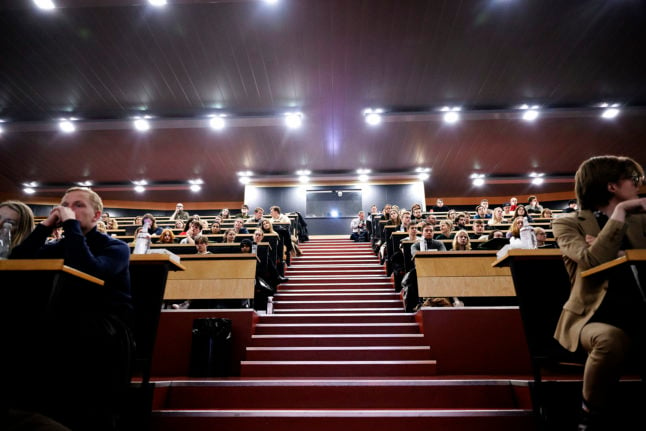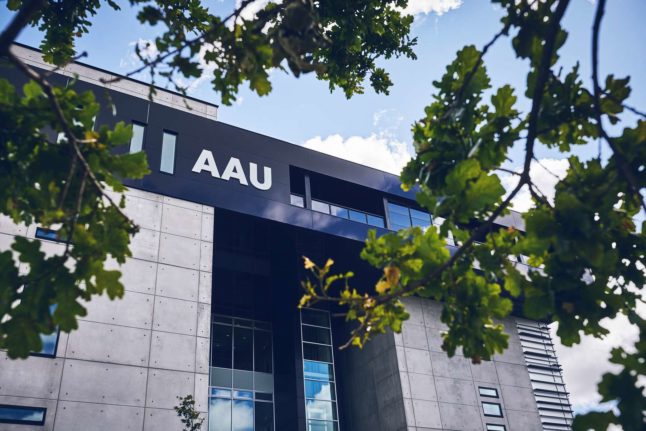A majority in the Danish parliament on Thursday voted through the decision, meaning Danes who study or take exchange programmes in the two countries must self-finance.
Denmark’s state student grant statens uddannelsesstøtte, commonly referred to as SU, is given to all Danish nationals on higher education programmes in Denmark and abroad. EU nationals enrolled at Danish universities can also receive the student grant if they fulfil certain criteria.
The grant, which amounts to around 5,500 kroner per month after tax for students who do not live with their parents, is intended to cover basic living needs. Danes and EU nationals who study in Denmark do not pay tuition fees.
The new rules barring SU for Danish students in Russia and Belarus have been enacted in response to Moscow’s invasion of Ukraine, according to the bill voted through on Thursday.
Only one member of parliament, far-right former Danish People’s Party lawmaker Marie Krarup, who is now an independent, voted against it. Krarup opposes Western sanctions against Russia related to the war.
The new law is temporary and has a so-called “sundown clause”, meaning it automatically expires. The expiration date is set to January 1st 2024.
It comes into effect on Thursday April 28th.



 Please whitelist us to continue reading.
Please whitelist us to continue reading.
now that is dumb and biased decision at least… I would understand such move toward political or social science programs, but just generalizing everything and disincentivising to study something, which may bring Denmark extra scientific competitive edge in future?